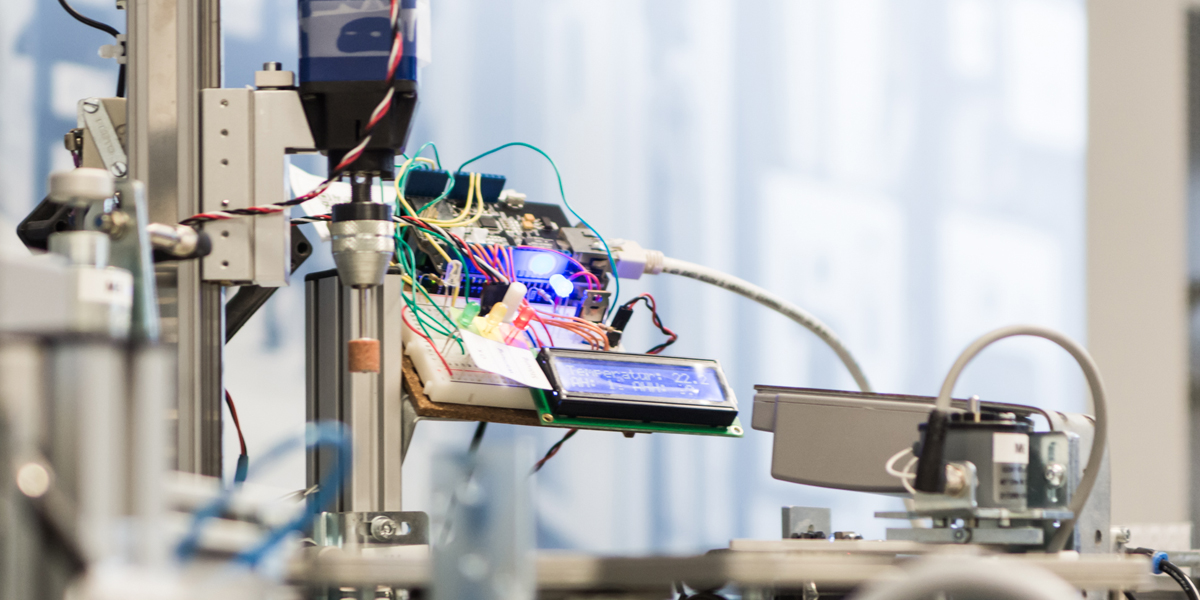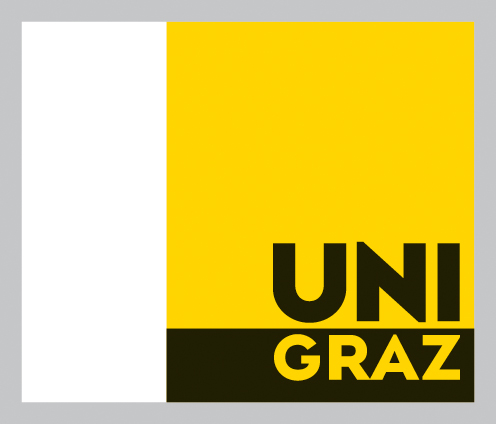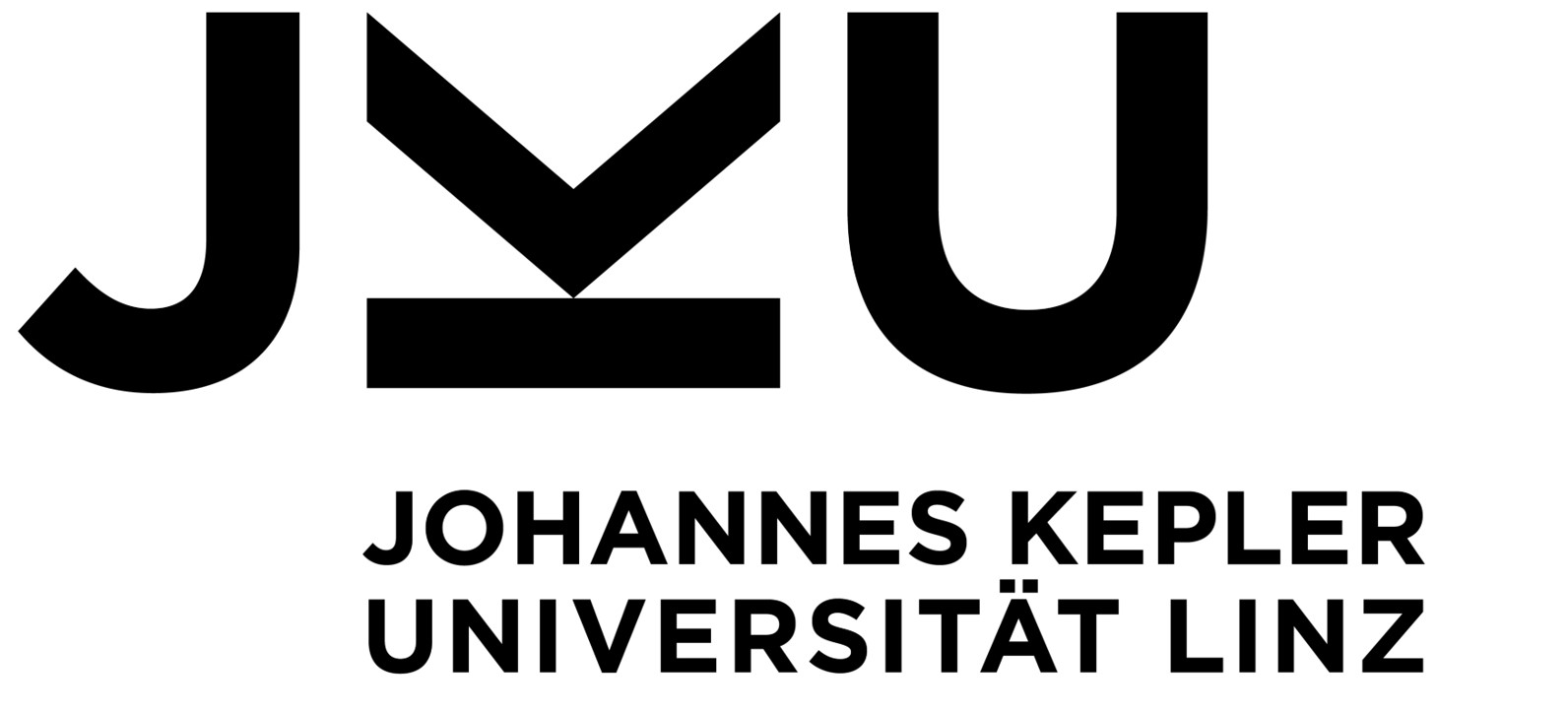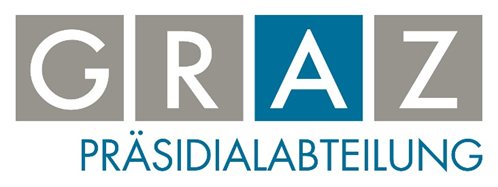Data analysis for FITAPP
- Company partner: FITAPP
- Company contact: Daniel Wohlmuth
- FH JOANNEUM project team: Magdalena Brunnhofer, Jakob Feiner, Martha Jordan, Elke Mattheiss, Wilhelm Zugaj
- Scientific partner: Know-Center GmbH
Project content
FITAPP is an Austrian start-up company founded in 2016 which provides a complete fitness platform. One of the main aspects of the FITAPP platform is the social component, which allows users to interact and motivate one another. As the European market for fitness applications is largely saturated, FITAPP managed to gain significant market shares in Brazil in particular.
The main problem the company faces is the small number of paid subscriptions compared with the number of downloads. What is more, only a tiny fraction of users (about three percent) run the app 30 days after downloading it. A third problem is the large number of unregistered users, for whom no data are stored.
The long-term goal of the project is to increase the number of paid subscriptions. The analysis of the existing data therefore aims to find useful information about customer behaviour, which can then be used to come up with specific marketing strategies.






















